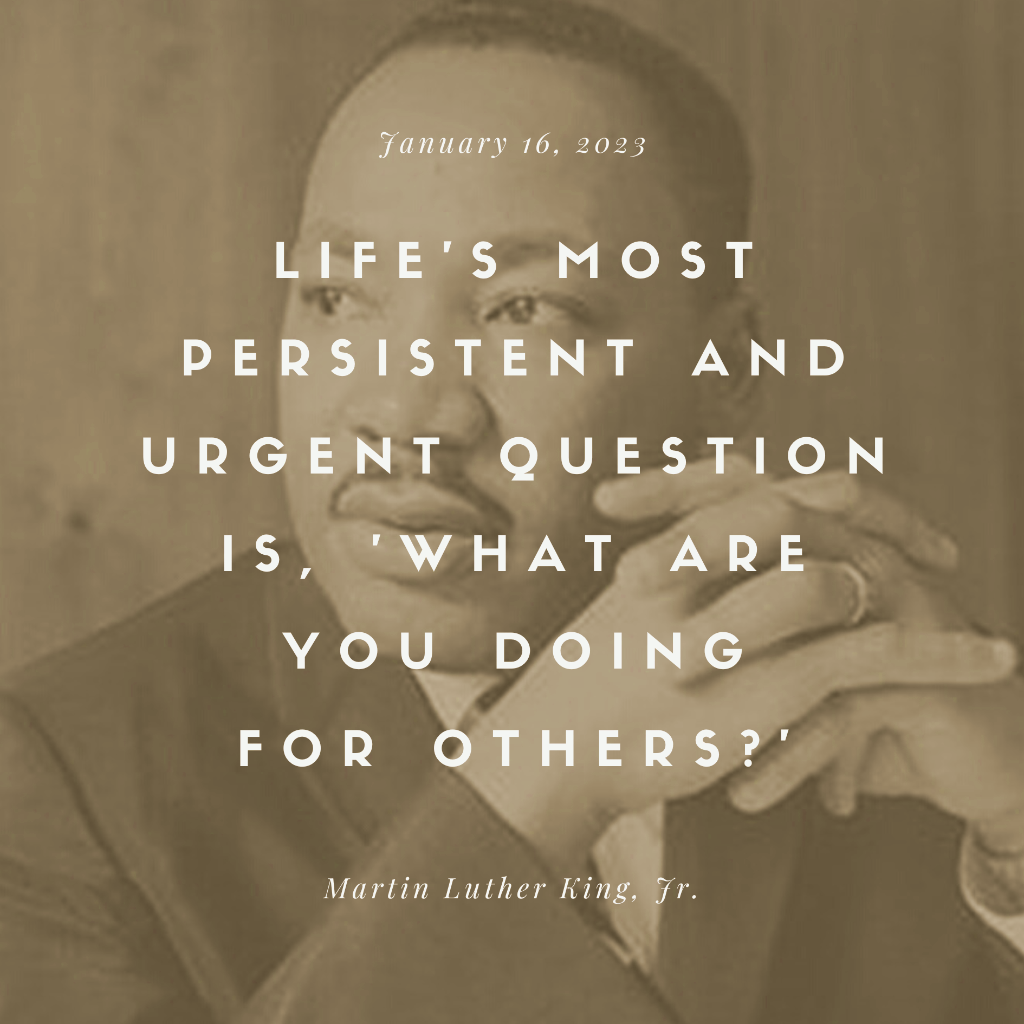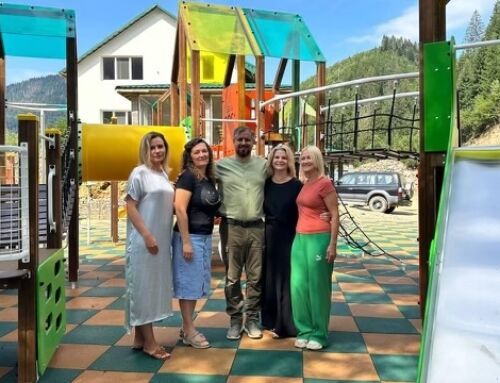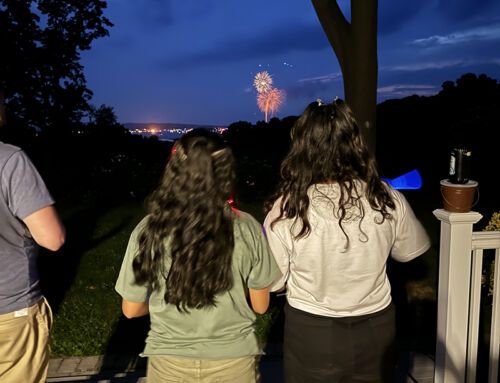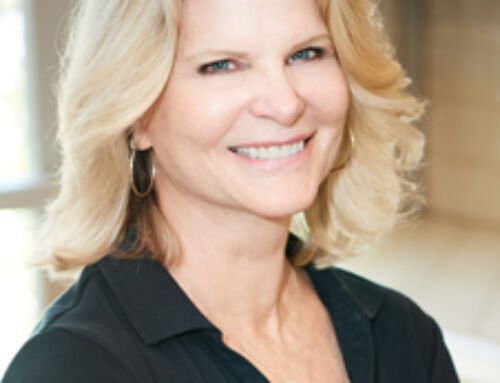Dreaming for a Better Tomorrow
Dr. Martin Luther King Jr once said, “Life’s most persistent and urgent question is, ‘What are you doing for others?’”

As we set aside this day in January to remember the impeccable legacy of Dr. King, we acknowledge how far we have come as a nation and a world since his untimely death. But we must also acknowledge that systemic racism persists today and manifests itself in many ways. There are still many issues that disproportionately impact the Black community today, and one of those issues is the child welfare system.
According to a report from the Administration for Children and Families, Black children make up 23% of all kids in foster care even though they only represent 14% of the total child population. This means that Black youth are over-represented in the child welfare system.
In addition to being over-represented in foster care, Black children are often underrepresented in rates of adoption. In the same report from the Administration for Children and Families, we find that, of the nearly 58,000 children adopted from foster care in 2020, 50% were white, 20% were Hispanic, and just 17% were Black children. Additionally, the National Conference of State Legislatures reports that, “Children of color are more likely to experience multiple placements, less likely to be reunited with their birth families, more likely to experience group care, less likely to establish a permanent placement and more likely to experience poor social, behavioral and educational outcomes.”
Because Black youth in foster care are less likely to be reunified and less likely to be adopted, many age out of foster care without a support system. Transitioning into independent living after the system is incredibly difficult. According to the National Youth in Transition Database, youth who age out of foster care without a support system are more likely to experience teen pregnancy, homelessness, addiction, and incarceration, and are less likely to finish high school, attend college, or find meaningful employment.
Why are Black youth over-represented in foster care and underrepresented in adoption?
We know that children end up in the foster care system for a variety of reasons, but there is research that suggests that Black youth enter the system at higher rates because of systemic racism. Dr. Dorothy Roberts of George A. Weiss University once stated that, “Racial disparities exist at every stage of child welfare decision-making. Black families are more likely to be reported to the child abuse hotline and investigated for child abuse and neglect. They are more likely to have cases against them substantiated and to have their children removed from their care.”
In 2021, the Children’s Bureau published a bulletin titled “Child Welfare Practice to Address Racial Dis-proportionality and Disparity,” in which they cite the following as contributing factors for Black youth being over-represented in foster care:
- Disproportionate and disparate needs of children of diverse racial and ethnic backgrounds, particularly due to higher rates of poverty
- Child welfare system factors (e.g., racial bias of caseworkers and mandated reporters, lack of resources for families of diverse racial and ethnic backgrounds, caseworker characteristics)
- Geographic context, such as the region, State, or neighborhood
- Policy and legislation (e.g., lack of measures targeting the needs of children of diverse racial and ethnic backgrounds)
- Structural racism (e.g., historical policies and cultural dynamics)
They assert that, as a result of these factors and additional consequences of systemic racism, Black youth enter foster care at higher rates and remain in foster care longer.
What can we do about this issue?
Former President Barack Obama once said, “Change will not come if we wait for some other person or some other time. We are the ones we’ve been waiting for. We are the change that we seek.” In order to create positive change, we must act. Here are a few ways you can help Black youth in foster care:
- Become a mentor, host, or adoptive family. The best way to help a child in foster care is to show up for them. Through Kidsave, you can get to know a child in foster care and serve as their mentor, host, or forever family. You will be able to get to know the kids in our program by spending quality time with them in a fun and safe environment to build those all-important connections.
- Volunteer at a Kidsave event or in your local community! If you don’t have the capacity to mentor, host, or adopt, you can still help Black youth in foster care by volunteering. You can volunteer through Kidsave or volunteer through another organization that helps Black youth or children in foster care.
- Educate yourself about the issue. In order to combat a problem, we must first understand it. Here are a few articles where you can learn more about the over-representation of Black youth in foster care:
- Seeing, Humanizing and Affirming Black Boys in Foster Care and Adoption
- From Foster Care to the Streets: A Call to Support Black, Indigenous, and LGBTQ+ Youth in Foster Care
- Racial Dis-proportionality and Disparities in the Child Welfare System: Why Do They Exist, and What Can Be Done to Address Them?
Kidsave is committed to helping Black youth in foster care.
Many of the kids in our programs at Kidsave are children of color—members of the Black and Latinx communities—and we are committed to helping them be seen, find family, and thrive. We are actively participating in equity committees, conducting research, and working to create positive change for Black youth in foster care and a better world for all kids everywhere.




